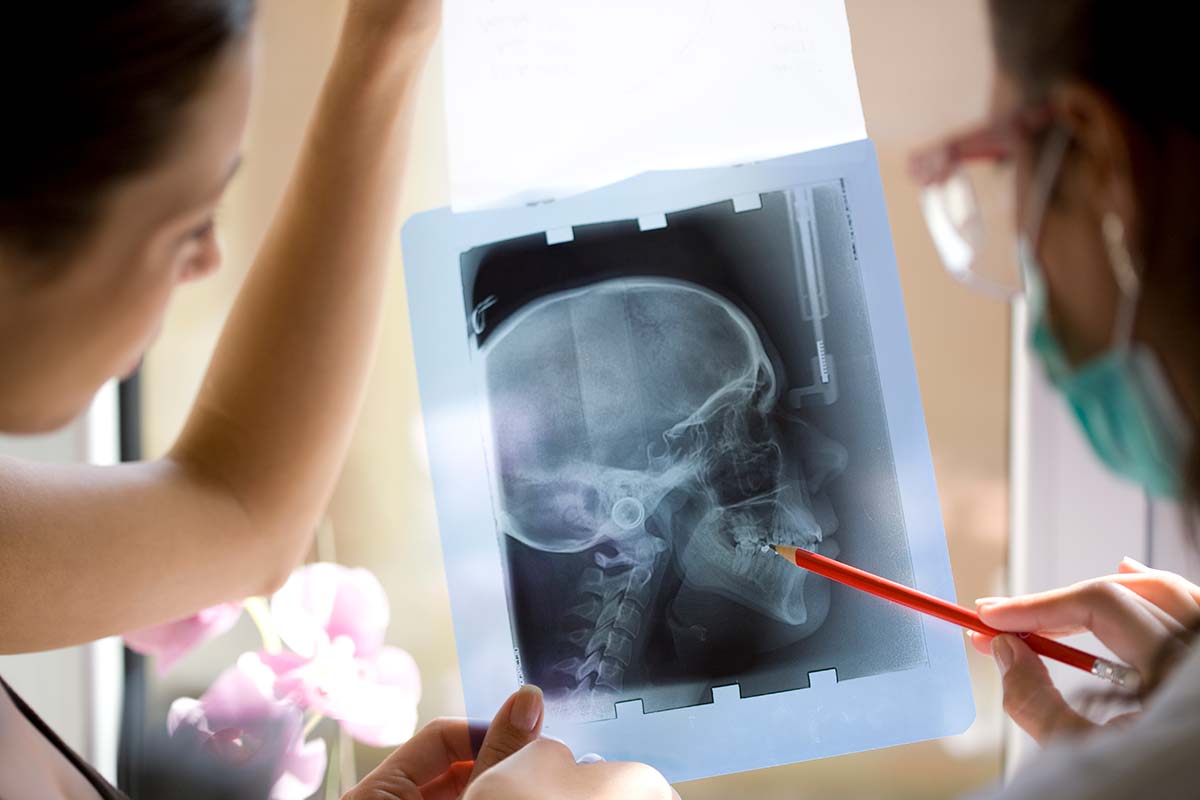Tooth Extractions


Whenever we see a patient with a severely damaged or infected tooth, we always try hard to save it, as your natural teeth are always the best choice and are designed to last for life. Therefore, we only recommend tooth extractions after exploring all other options and when a tooth is no longer viable.
Why Would I Need a Tooth Extracted?
Tooth extraction might be necessary if a tooth is significantly decayed and infected and where the infection may have spread beyond the tooth. In this case, we would need to remove the tooth to eliminate the infection effectively. If a tooth is broken and missing most of its structure, we might be unable to restore it, for example, if it has broken off at the gum. A tooth that is fractured vertically down through the root cannot always be saved. Gum disease is a condition that destroys the structures around teeth, including gum and bone, so the tooth loosens and must be removed.
What to Expect When a Tooth is Removed?
Removing a tooth is relatively quick, and local anaesthesia ensures you will be comfortable during treatment. We use special tools to gently loosen and extract the tooth while protecting and preserving the surrounding tissues as much as possible, as this helps when replacing the tooth. Once the tooth is removed, we may leave the empty socket open to heal naturally or stitch it shut.
What to Expect After a Tooth Extraction?
You might feel slight discomfort after the anaesthesia wears off, but this should soon disappear, and removing a painful and infected tooth will help relieve discomfort. The empty socket should heal within a week or two, and we will provide lots of advice and instructions on how to care for your mouth during this period, as it is important to keep the extraction site clean. It is rare to experience any complications after tooth extraction, but our friendly team are always here to offer more advice and information when needed.
Replacing Extracted Teeth
Replacing missing teeth is important as tooth loss can negatively affect your remaining teeth, allowing them to drift out of place and affecting your bite. Possible options include dental bridges, partial and full dentures, and dental implants. Before we remove the tooth, we can discuss how best to replace it and explain each option clearly, including the approximate treatment costs. When needed, we can also provide temporary teeth until you can decide on a more permanent solution.